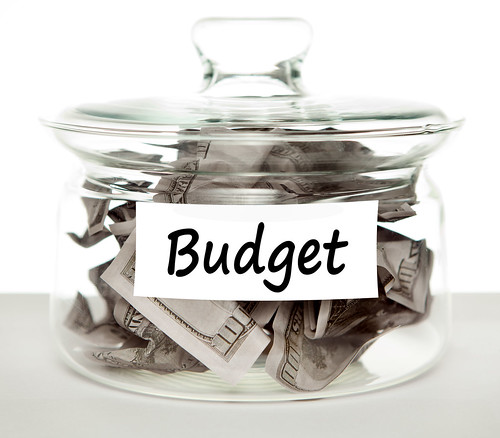Updated December 2013
Today, I’m talking about budgets. I’ve even got a free “gift” for you. It’s a home budget planner. All you have to do is click on this link RTS Budget Planner and download the excel spreadsheet and start inputting the numbers.
The basic idea is that you want to make more money than you spend. Now I confess, I have a little experience with this—it’s not always as easy as it looks. I’m way better at spending than at making money (Just ask my husband). But I also know that when I set up a budget, I’m more careful with my money, and for me that’s half the battle.
If you’ve never tried using a family budget before, here are some things that I’ve learned over the years.
- Expect your first draft of the budget to not be perfect. Make your budget and try it for a month or two and see how it works. What did you leave out? What did you underestimate? What did you over estimate? Expect to make some changes.
- The first draft of your budget should include everything that you really do spend money on. You may need to trim your budget, but you have to know what you’re spending your money on before you start trimming expenses.
- Budget for things that are important to you, don’t eliminate stuff just to make your budget look good. If you go to the movies regularly, budget for it. If you smoke (even if you want to quit)—budget for it.
- If you’re married, be prepared to compromise. When I’ve done budgets in the past, I cut my husband’s lunch money and cable TV. I bring my lunch to work and I don’t watch that much TV, so why pay for those things? But if I want to stay married, my husband needs to eat and have access to his beloved Cardinals baseball team. We kept the cable TV and trimmed the budget someplace else.
- Remember to budget for charity and savings. Now many people do a budget to see how much they can save or how much they can give to charity. I suggest that you decide up front how much you want to save and to donate and stick that right into your budget from the get go. If you do the budget and decide to save what’s left over—you won’t be saving anything. The general recommendation is 10% of your take home pay for savings and another 10% for charity.
- Depending upon who you talk to, your housing costs should run somewhere between 25 to 33% of your take-home pay, but that’s just a guideline. For many people, housing costs take up a much higher proportion of their income.
Those are my main tips. If you’ve got a good budget tip, please put it in the comments section below. In this economy, we all need all the help we can get.
Happy budgeting.

